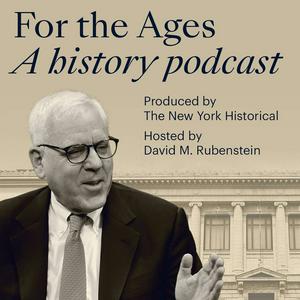No advertising. More Prime.
No advertising. More Prime.
No advertising. More Prime.
No advertising. More Prime.
The podcast starts in
- 0 sec.
Annapolis Goes to War: The Naval Academy Class of 1940 and its Trial by Fire in World War II
A Place Called Yellowstone: The Epic History of the World’s First National Park



For the Ages: A History Podcast